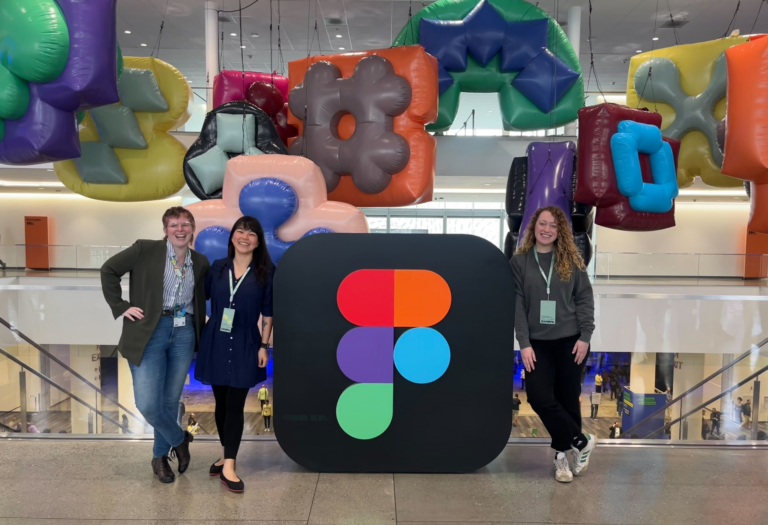User Experience Off-Roadin’

Ive been dubbed the “off-roader” of the team, an appropriate nickname given the perspective I bring with me: I have a long history in the learning industry, with expertise in the field of Learning Experience Design (LXD, or Instructional Design, as it is most commonly known). It’s not a typical skillset or background among information architects, visual designers, human factors specialists, and others in the field of user experience, so I’d like to make a second introduction: UXD, meet LXD.

I’ve written before about the critical intersection of UXD and LXD, in my role at a learning design firm. Then, it was an attempt to open the minds of learning designers to the relevance of UXD and the critical mistake of overlooking the user experience in designing learning experiences. Now I’d like to make a reciprocal introduction to UXDers.
How, exactly, is the learning design angle relevant to an experience design firm and those practicing in the various disciplines of UXD? To start, the two fields share common ground in Cognitive Science and Psychology. The same research about mental processes like categorization, perception, and memory that informs ideas and practices from a UXD perspective is much the same as that which informs andragogy/pedagogy from a learning design perspective.
In addition to that common ground, there are specific outputs that have crossed paths between the two disciplines. The learning industry has seen a major uptick in the use of serious games as a learning strategy, and gamification is a topic of much discussion in both Learning and User Experience Design. In fact, Karl Kapp offers some interesting commentary on the Sabastian Deterding’s Google Talk “Meaningful Play: Getting Gamification Right” and draws direct lines from his ideas to what learning designers have always done.
Many user experiences have an impact on learning, whether intentional or not. Take social media, for example – a common and critical component of many user experience designs. Opportunities for informal learning and the creation of personal learning networks (rooted in Connectivism) are some of the affordances offered by social media tools. These are important components of a holistic, supportive, and continuous learning experience. There have even been scientific studies that show a connection between the use of social media and stimulation of brain activity and our inclination to learn in a social setting. Having an understanding of the principles of learning design can take that social media app (and many other user experiences) even further to support a learning experience as well.
Those are just a few thoughts on what LXD can bring to the practice of UXD. As I get settled here at Think Brownstone, I’ll continue to explore the connections among our many disciplines and areas of study, and will share my thoughts and insights as I go.


